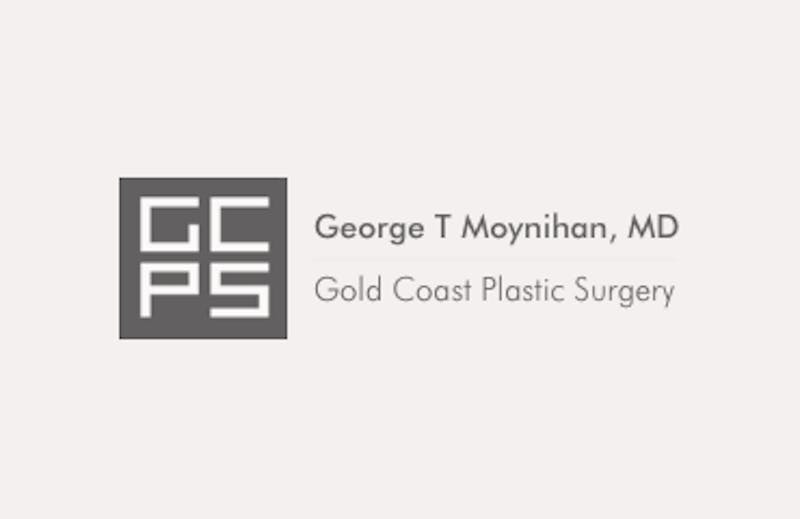07
Jul

Should You Get Under-Eye Filler or Lower Eyelid Surgery? Pros, Cons, and Results
When rejuvenating tired, puffy under-eyes, two powerful options often rise to the top: under-eye filler and lower blepharoplasty. At Gold Coast Plastic Surgery in Chicago, under the expert care of Dr. George Moynihan, patients receive customized recommendations based on their uni...
View More07
Jun

Subtle Curves, Big Results: Breast Lift for Petite Figures
A petite frame comes with unique aesthetic considerations, especially regarding breast enhancement. For women with smaller builds, even subtle adjustments can deliver a striking transformation. At Gold Coast Plastic Surgery in Chicago, board-certified plastic surgeon Dr. Robert L...
View More08
May
Sleeveless Season Ready: Why Pre-Summer Is Prime Time for an Arm Lift
As the temperatures rise and wardrobes shift, many of us begin envisioning sun-drenched days in sleeveless tops, breezy dresses, and swimwear. But if you find yourself hesitating to bare your arms due to loose or sagging skin, you're not alone. At Gold Coast Plastic Surgery, we u...
View More28
Jan
Scarring After a Breast Lift: Minimization and Care Strategies
Achieving an uplifted silhouette is as much about the artistry of surgery as it is about the meticulous care that follows. One common concern among patients considering a breast lift is the potential for scarring. Dr. Robert J. Lukavsky, a board-certified plastic surgeon with ext...
View More18
Dec
Enhancing Recovery: Nutritional and Lifestyle Tips Post-Tummy Tuck
You made the decision to pursue abdominoplasty and are now ready to enjoy its results! However, proper recovery is paramount to achieving—and preserving—the full benefits of your tummy tuck. At Gold Coast Plastic Surgery, our goal is to guide you through every phase...
View More29
Oct
Your Ultimate Guide to Breast Augmentation: What to Know Before You Decide
Breast augmentation is one of the most popular cosmetic procedures, offering patients a way to enhance their body contours and boost self-confidence. Understanding key factors can help you make an informed decision if you're considering this procedure. With the help of Dr. Lukavs...
View More05
Jul
How Does Using Hyper Dilute Radiesse Enhance Ultherapy Treatments?
Ultherapy uses ultrasound energy to stimulate collagen production and tighten loose skin. However, some patients may require additional support to achieve optimal results. This is where hyper dilute Radiesse comes in. Hyper dilute Radiesse is a dermal filler that provides a scaff...
View More05
Jul
Ultherapy: The Summer Treatment You Don't Want to Miss
Ultherapy is a non-invasive cosmetic procedure that uses ultrasound technology to lift and tighten the skin on your face, neck, and chest. It's a popular treatment among those who want to address the signs of aging without surgery or downtime. If you're considering Ultherapy, it'...
View More13
Jun

BOTOX for Sweating and Hyperhidrosis
Do you constantly sweat, even when you're not doing anything strenuous? It could be a sign of hyperhidrosis, which means your body produces more sweat than it needs to. This condition causes heavy sweating in various areas of your body, such as the armpits, hands, feet, back, fac...
View More08
Feb

Ultherapy in Chicago: Ultherapy for Eyes and More
If you've ever wondered whether there is a way to lift or tighten loose skin around the eyebrows, eyes, and neck without surgery, you’d be glad to know that yes, there is a non-surgical way to achieve this. Ultherapy in Chicago at Gold Coast Plastic Surgery is popular...
View More

